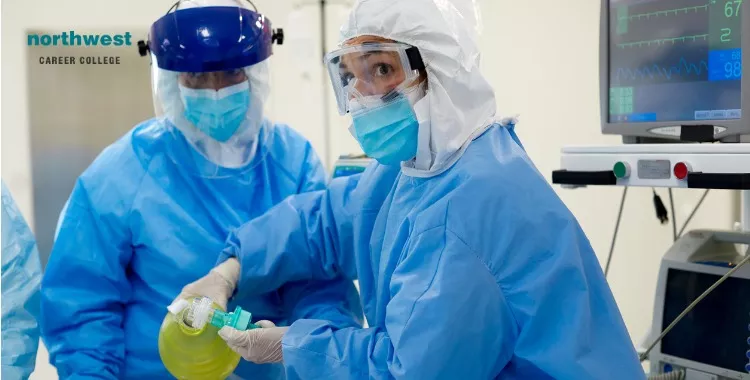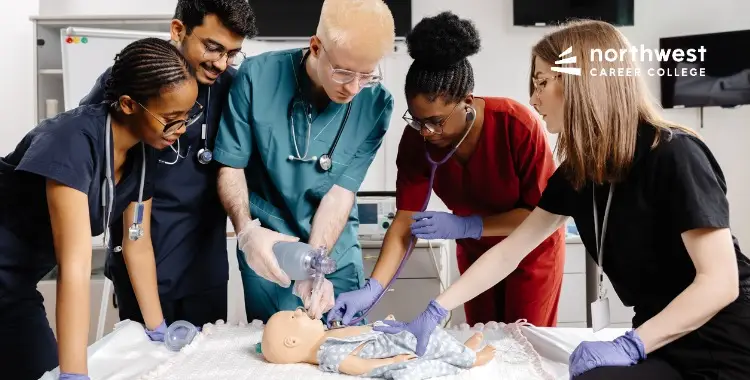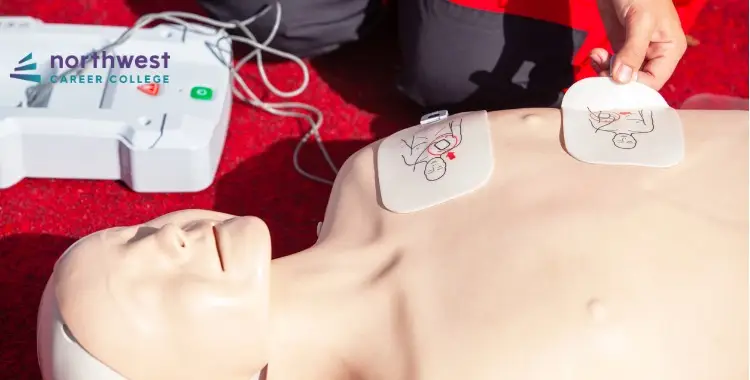Using CPR during the pandemic
- CPR
- February 25, 2025
- 3.8k views
- 3 min read

According to 2019 data, nearly 45 percent of out-of-hospital cardiac arrest victims survived when bystander CPR was administered. Since four out of five cardiac arrests happen at home, so statistically speaking, if called on to administer CPR in an emergency, the life you save is likely to be someone at home: a child, a spouse, a parent, or a friend.
Unfortunately, while effective bystander CPR provided immediately after sudden cardiac arrest can double or triple a victim’s chance of survival, but only 32 percent of cardiac arrest victims get CPR from a bystander.
This rate has dropped since the beginning of the Covid-19 pandemic as many people are concerned with the infection risks of performing CPR.
Guidelines issued by the British Heart Foundation, in line with the Resuscitation Council UK and the American Heart Association, have provided clarification on how to approach CPR without increasing the risk of coronavirus.
Table of Contents
Using CPR during the pandemic
The new guidelines state that if you find someone unconscious and not breathing normally follow these simple steps:
- Step 1: Shake and shout for help. Assess if the patient is breathing or has a heartbeat.
- Step 2: Call 911 immediately. If another person has responded to your calls for help, have them call 911 while you move to step three.

- Step 3: Don’t put your face close to theirs. If you think there’s a risk of infection, use a towel or a piece of clothing and lay it over their mouth and nose.
- If you have PPE such as gloves or a face mask, apply it to both yourself and the patient, if possible.
- Step 4: Give chest compressions. Chest compression, given correctly, are enough to force air into and out of the lungs, meaning you don’t need to give rescue breaths.
- Step 5: Continue until an ambulance arrives. If other people are willing to help, let them trade-off to continue to perform chest compressions. Properly performing chest compressions over a long period of time can quickly become exhausting.
- Step 6: After the ambulance has taken over wash your hands thoroughly with soap and water or use an alcohol-based hand gel. If you think that you have been exposed to Covid-19 contact your local healthcare provider and ask if there is a local track and trace program in place.
- Reporting any symptoms or potential contact with Covid-19 to a track and trace program makes it much easier for local authorities to react to outbreaks of the virus.
Learn To Save Lives Yourself
Here at Northwest Career College, we are committed to providing affordable, quality CPR Classes to the Las Vegas community. We pride ourselves on being an American Heart Association (AHA) testing center and we offer Las Vegas CPR classes designed to fit your personal needs and professional schedule.
As part of our “student-focussed” approach to education we also off our CPR classes free of charge to all of our students. Call us today at (702) 403-1592 to book your CPR class and become qualified to save a life in just four hours!



